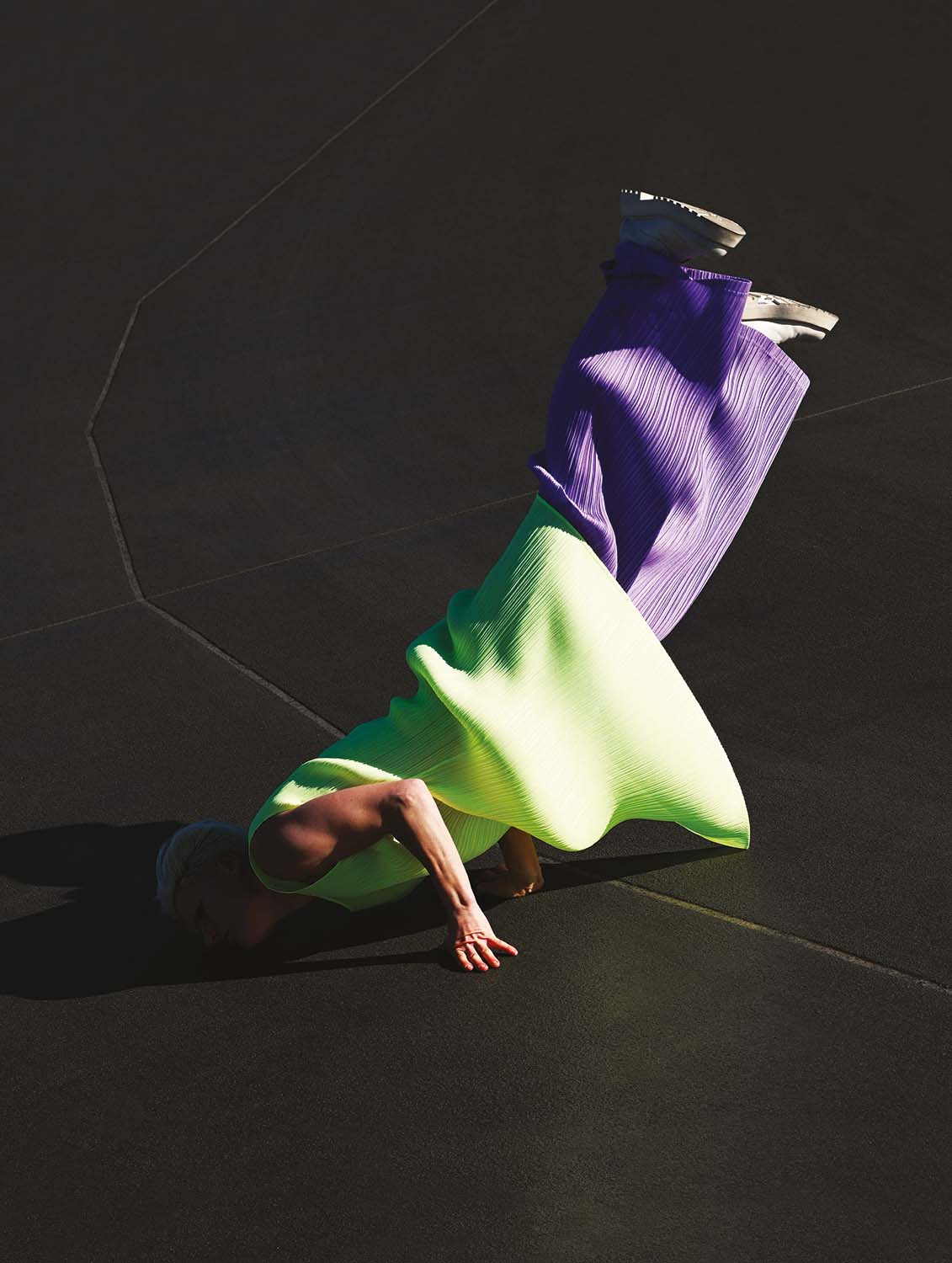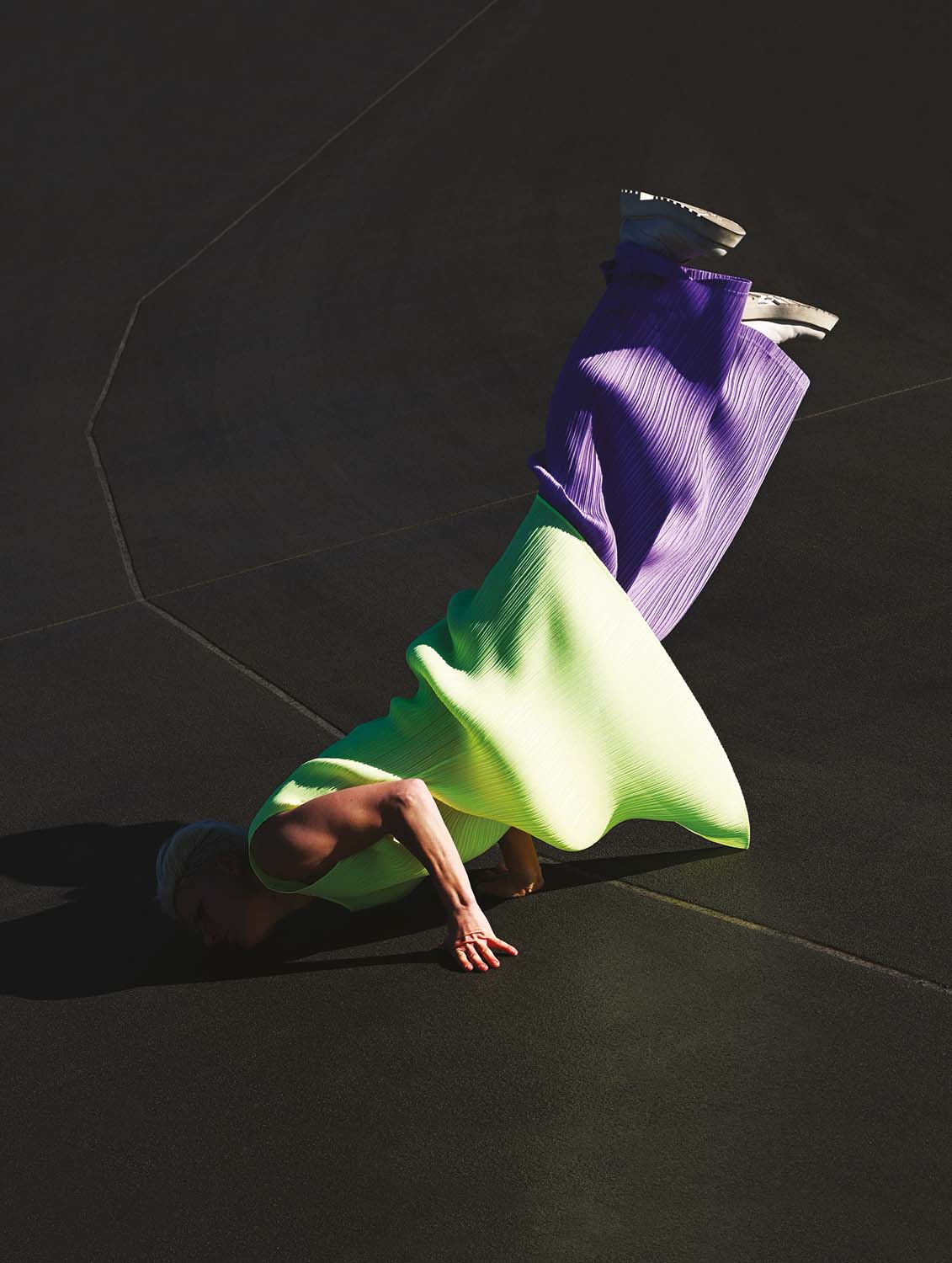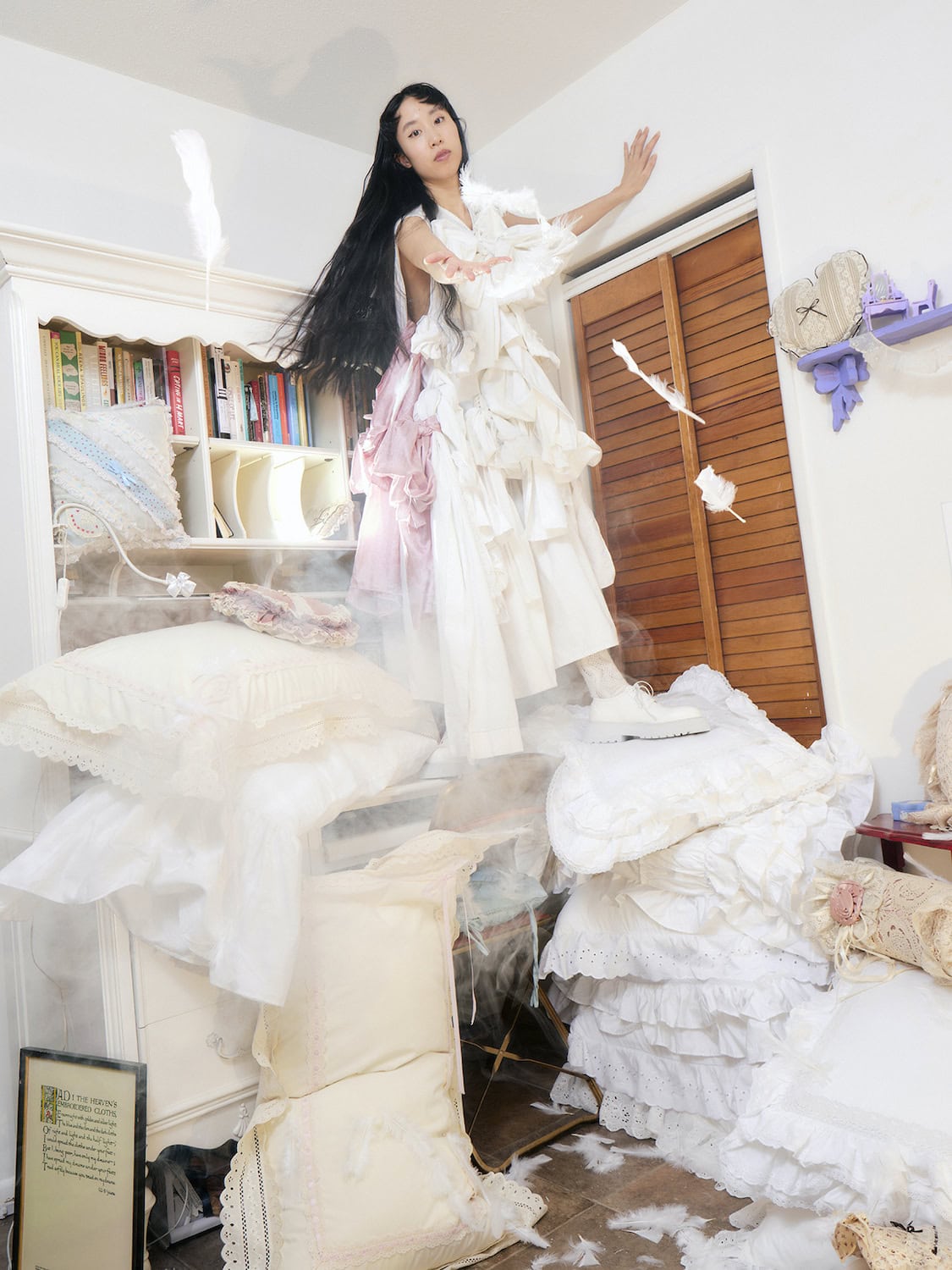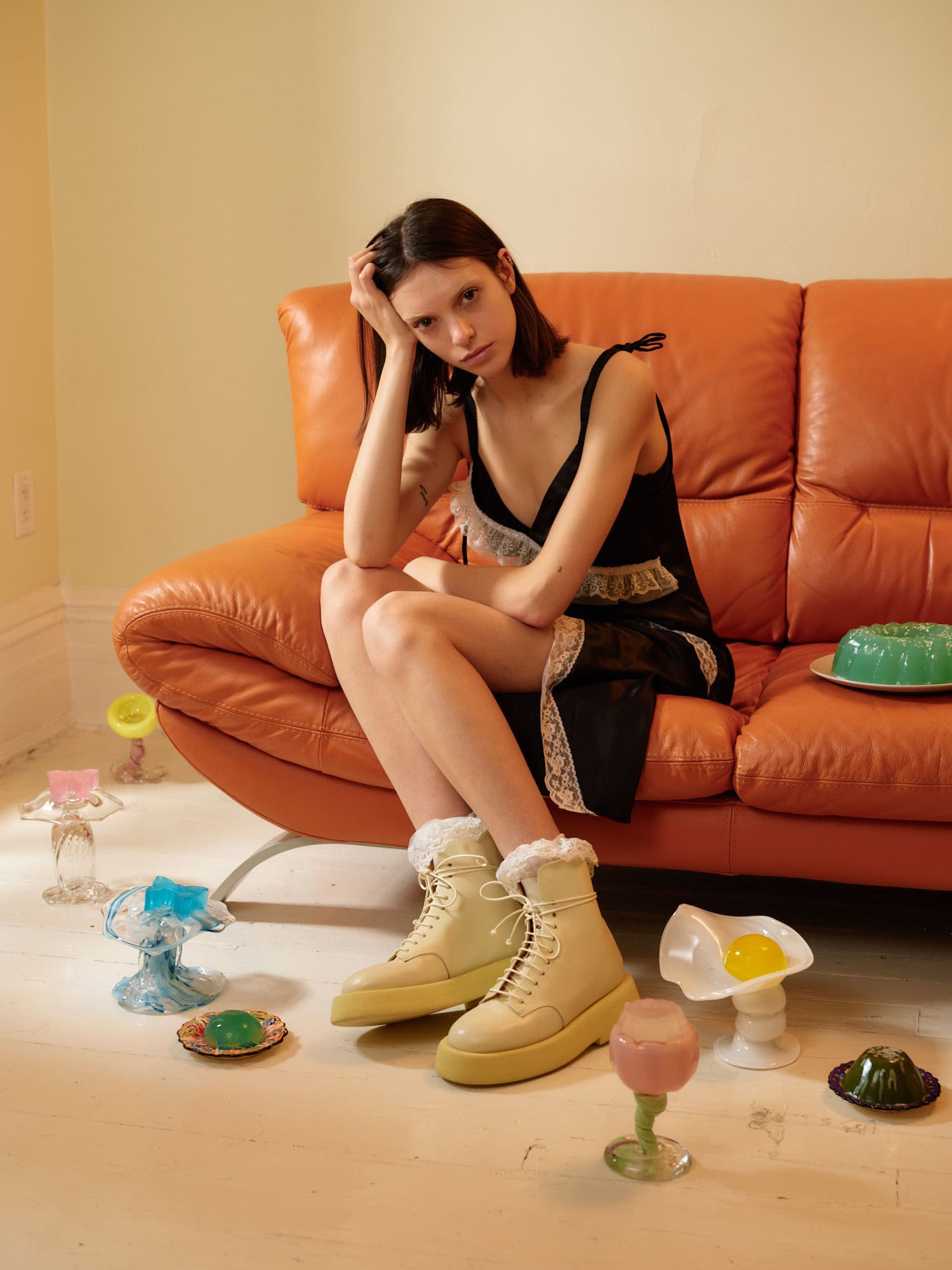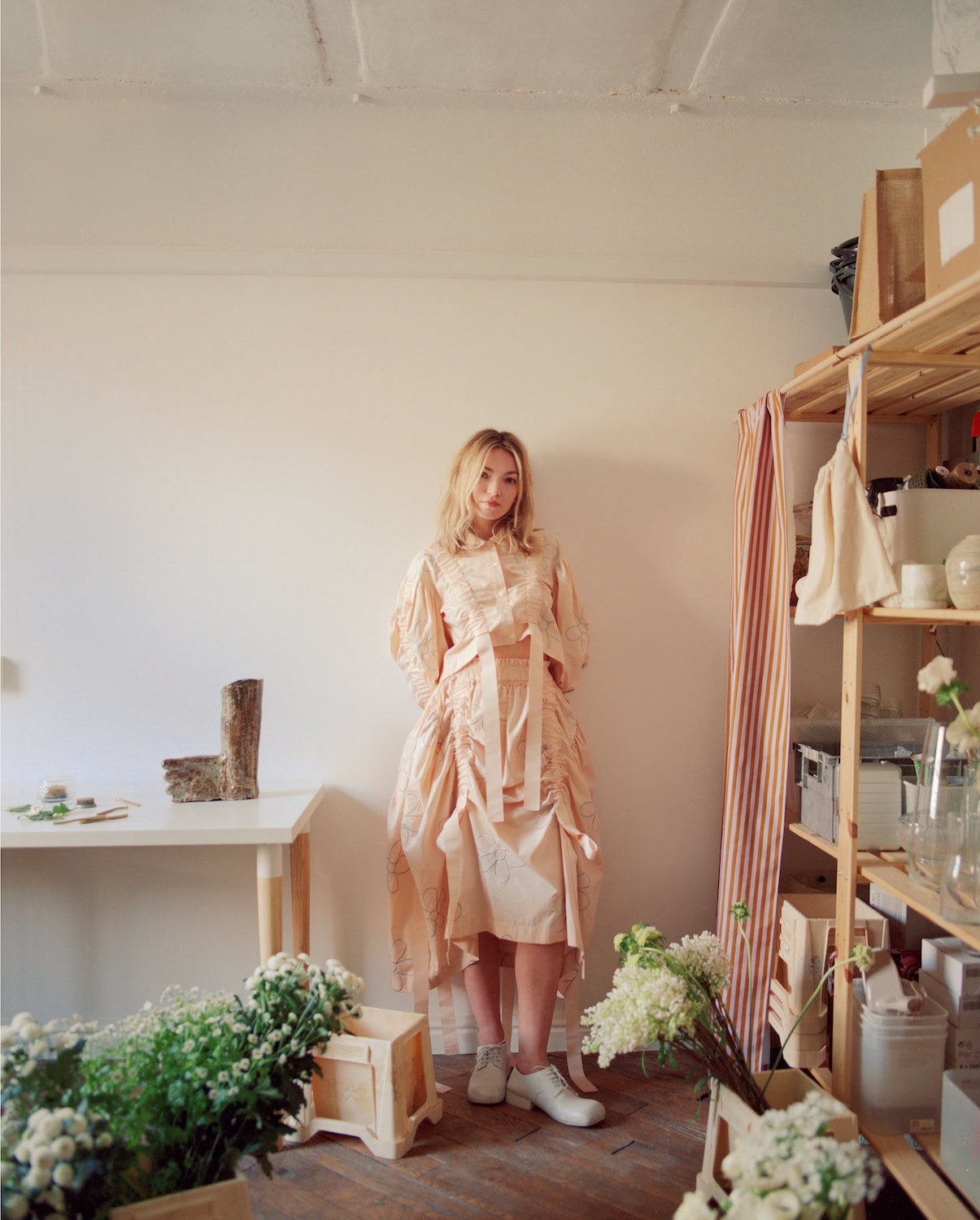A book that everyone should read at least once in their lives is The Situation Is Hopeless But Not Serious: The Pursuit Of Unhappiness. Written by Paul Watzlawick in 1983, it lists in no particular order all the activities that I regularly engage in with the hope of feeling better. These activities are often unpleasant—like lying awake all night overthinking instead of sleeping—but they feel like solutions to our brains. Insisting on a thought with the hope of exhausting it or mentally testing every hypothetical life not lived, every excluded possibility.
In one chapter, Watzlawick recalls the story of the man who would clap his hands every ten seconds. When asked about this strange behaviour, the man explained that it was to scare away the elephants. “Elephants? But there aren’t any elephants here!” To which he replied: “Exactly.”
I have spent my whole life keeping elephants away. I don’t do it by clapping my hands but by banging my head against a brick wall. Silently, to shake off the thoughts that won’t depart of their own accord. I do it by pretending not to: ignoring all the usual superstitions while carefully choosing my own private convictions.
I could never get to sleep when I was little. Stopping thinking was in itself a thought, and trying not to think became unthinkable. And so I counted: sheep or breaths. I tried to imagine my body as heavy as a stone but would find myself counting how many times it would bounce if I skipped it across the water. I searched for nothingness but couldn’t find it. Perhaps I feared it would take everything I was experiencing in life and never give it back.
The only person who could ever get me to nod off was my grandmother. She gave me a mysterious amulet and advised I place it under my pillow. To my great surprise, it worked. Or rather, every time it didn’t work, I reasoned that things would probably be worse without it. That if I didn’t clap my hands, the elephants would come.
I only found out years later that the amulet was an old perfume bottle. No magic power, no scientific value. That object simply contained everything I didn’t know I already knew. Just like all the things we believe in despite there being no good explanation.
Superstition is the line that connects an event to its cause. And when it cannot find a cause, it invents one. It is an antidote to fear. One of those situations where if you believe enough, it ends up actually working. Traditional beliefs, however, have never been my cup of tea. Getting attached to their polar opposites was my individualistic way of proving their fallacy.
I have always preferred odd numbers, asymmetrical things—the shattered perfection of a broken mirror, where reality no longer looks like itself. Black cats, affection stolen from mistrust. I find beauty in things that only half work—things that don’t lie. But these too become superstitions. And in this, we circle back to the purity of belief. Which keeps us afloat and returns us to the shore.
Before Watzlawick’s elephants, there was another American psychologist who decided to investigate the mechanisms of superstition. His name was Burrhus Skinner and he chose a less poetic but certainly more practical animal. He put a pigeon in a cage and provided it with food at regular intervals. The pigeon began to associate the delivery of food with whatever random action it had been performing when its meal was delivered. Acting quite bizarrely, it would repeat its chosen action until the hypothesis was confirmed. At this point, the pigeon was utterly convinced and the newborn superstition was instantly consolidated. What would have happened to the pigeon without that minor illusion, you might ask? Given that it was a pigeon, probably nothing.
But for us humans with a fear of elephants, a clap of the hands can change everything.
WHO: Isabelle Wenzel
WHAT: Photographer,
Performer & Movement Director
WHERE: Wuppertal, Germany (educated in the Netherlands, Amsterdam)
WHEN: 1982, 41
WHY (Why are you superstitious? Or why not?):
Even though I’m not superstitious, from time to time things do just pop into my head, like: “Black cat from right to left, oh better be careful…”. I recently broke a very big mirror at my studio as well. Does that really mean I’ve got seven years of bad luck coming? I don’t think so. I was born to be lucky. But hold on, I should probably touch wood now. In some cases, superstition affects my daily life too. My great grandmother always used to point out the importance of cleaning the apartment before leaving on a trip because otherwise something bad might happen. So cleaning before I leave has become a ritual. And I don’t mind because coming back to a tidy apartment isn’t at all bad.
WHO: Lina Sun Park
WHAT: Artist
WHERE: Brooklyn, NY
WHEN: 10/28
WHY (Why are you superstitious? Or why not?):
I am definitely a bit of a superstitious person. My parents—my mother especially—are extremely superstitious. Growing up, I was often told that certain things were bad luck, such as whistling at night, propping a pillow up against a wall or sticking a pair of chopsticks vertically into my food. It made me very aware that actions have consequences and as I’ve grown up, I’ve chosen to selectively believe the superstitions I was taught as a kid. I do believe that there is a sort of ancient, archaic wisdom that all superstitions originate from. However, I also believe in the magic of the mind and how we can manifest things we believe in. To this day, I still don’t like standing underneath ladders, it gives me a weird feeling. However, I’m less inclined to believe that opening an umbrella inside causes bad luck. Sometimes what I choose to believe in just depends on my mood that day as well. I do believe in synchronicities in life, they are like little breadcrumb clues from the universe telling me I am on the right path. One superstition I do believe in is spirit animals. They show up in quite ordinary ways, such as a raccoon crossing your path, or a butterfly landing on you or hovering around you. I always look up the symbology or message of the spirit animals that cross my path and it always resonates.
WHO: Rita Lino
WHAT: Artist
WHERE: From Portugal (Olhao), currently living in Germany (Berlin)
WHEN: 11/26/1986, 36
WHY (Why are you superstitious? Or why not?):
I can be superstitious but I’m not a superstitious person. I don’t like opening umbrellas inside the house and god forbid I break a mirror… Ok, I guess I am superstitious. Why? I’m not sure of the answer, but I’ll take a guess that very religious grandmothers have a big part to play in these beliefs or fears. I do tend to believe more in good luck than bad luck though, optimism is a trademark of mine.
WHO: Margherita Tondelli
WHAT: Model and Jelly Artist
WHERE: Born in Reggio Emilia, based in Milan (IT), currently living in NY
WHEN: 01/03/1998, 25
WHY (Why are you superstitious? Or why not?):
I’m not superstitious, I always look for the scientific evidence behind facts and events. I strongly believe that superstition nowadays is a response to the loss of religious beliefs but somehow a faith in science serves the same purpose. However, I am also aware that good luck rituals can have a positive effect: they can offer calm and stability. That’s why there’s one “good luck” ritual that I cherish: I will only ever reveal very good news to others once I’m 100% sure it’s going to happen.
WHO: Christie Leigh
WHAT: Floral Designer
WHERE: London, UK
WHEN: 05/25/1989, 34
WHY (Why are you superstitious? Or why not?):
I’m not a particularly superstitious person, but if I don’t salute a lone magpie, my day is totally ruined. And don’t get me started on Mercury.
WHO: Taya Francis
WHAT: Knitwear Designer & Model
WHERE: Nottingham, UK
WHEN: 01/23/1995, 28
WHY (Why are you superstitious? Or why not?):
My upbringing has definitely influenced my feelings towards superstition. Not passing someone walking in the opposite direction on the stairs, not wearing odd socks, and putting a tape measure over your bedroom door to keep bad spirits out were all superstitions I was taught growing up in a Jamaican household. I don’t think I really understood why, I just thought that I should follow suit and I still live by them today because it’s become second nature. Not all superstitions are bad luck though—if you have an itchy palm it means that money is coming your way, so I love that one.
